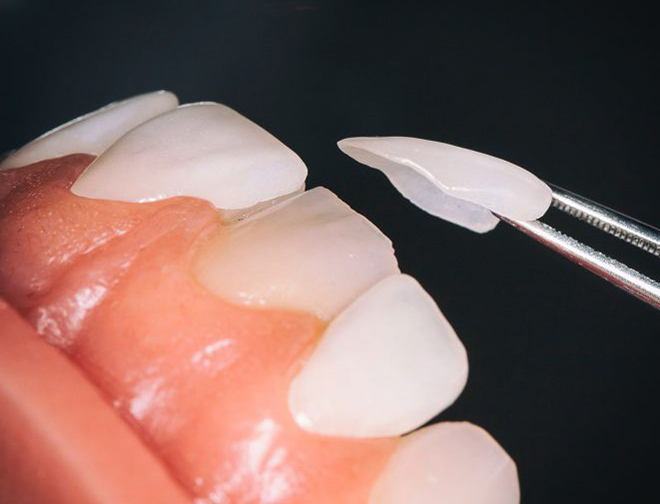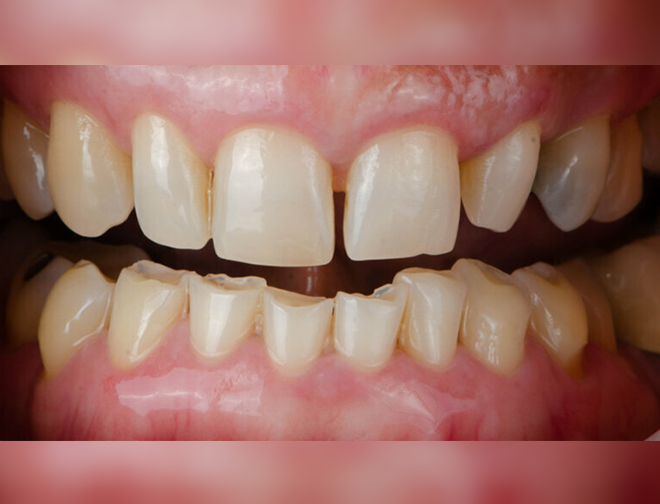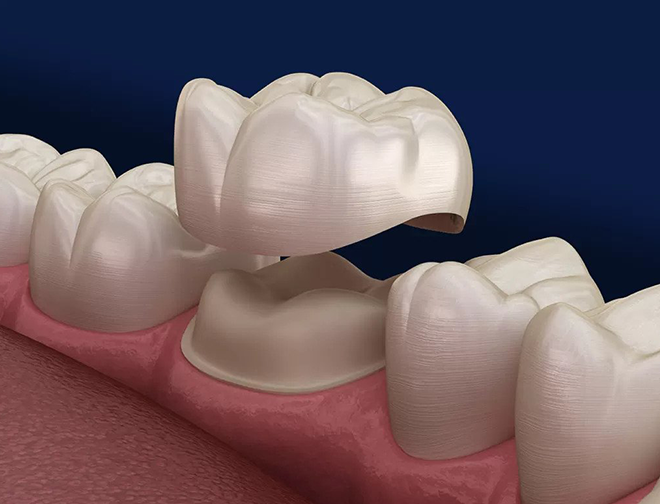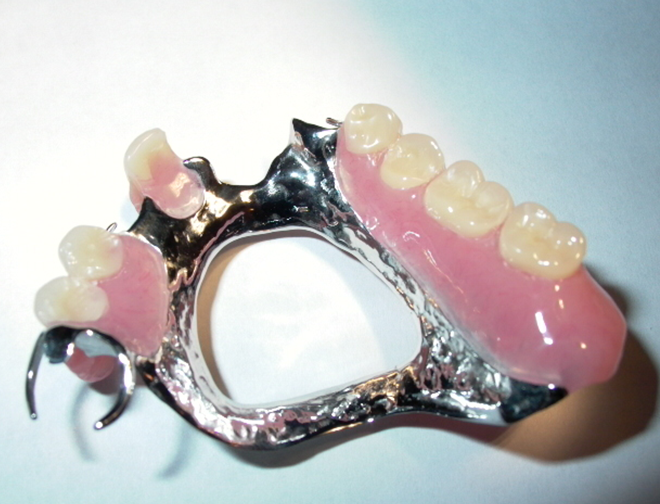Assessment and Treatment of Bruxism
Bruxism is a condition in which you grind, gnash or clench your teeth.
If you have bruxism, you may unconsciously clench your teeth when you’re awake (awake bruxism) or clench or grind them during sleep (sleep bruxism). You are may not be aware of that. The reason is not clear, but it is usually a consequence of stress.
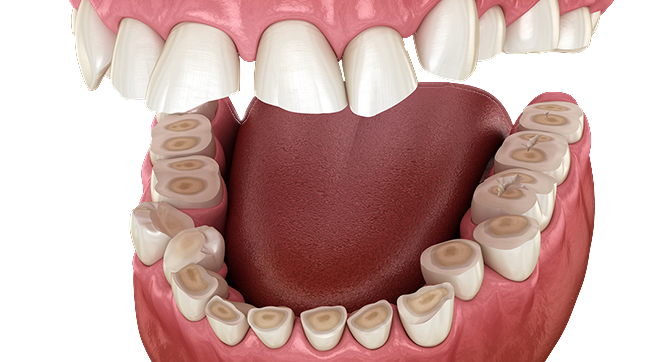
A combination of physical and psychological factors are believed to contribute to bruxism:
- physical stress such as illness, nutritional deficiencies or dehydration, particularly in children
- psychological stress, anxiety and tension in adults and children
- studies have shown that night bruxism is a sleep disorder
- other abnormal anatomy of the teeth or jaws (including ‘high spots’ on fillings) that can cause an improper occlusion (also called ‘bite’) and lead to bruxism behavior.
- –
- –
The signs and symptoms of bruxism vary according to the nature, frequency, duration and strength of excessive clenching and grinding.
Signs and symptoms include:
- pain in the teeth and sensitivity to heat and cold
- chronic muscular facial pain with tension headaches, caused by intense muscle contraction
- the noise, noticed by partners, friends or relatives, that occurs as the teeth are ground together
- an abnormal alignment of the teeth, caused by uneven tooth wear
- flattened and worn tooth surfaces, which may reveal the underlying yellow or orange dentine layer
- microfractures of the tooth enamel
- broken or chipped teeth • loose teeth with possible damage to the tooth sockets • stiffness and pain in the jaw joint (temporomandibular joint or ‘TMJ’) that cause restricted opening and difficult chewing; sometimes the jaw joint may suffer damage that is slow to heal • earache or pain in the jaw joint.
Your dentist needs to know your medical history to plan the best treatment. Fully disclose any health problems you may have had. Tell the dentist if you have had: • an allergy or bad reaction to antibiotics, anesthetics, or other medicines • previous treatment related to bruxism or jaw surgery • psychological distress or psychiatric illness.
DEPENDING ON THE CAUSE, YOUR DENTIST MAY RECOMMEND ONE OF THE FOLLOWING THERAPEUTIC APPROACHES:
NIGHT GUARDS
Occlusal splints (also called bite splints, bite planes, or night guards) are removable dental appliances carefully molded to fit the upper or lower arches of teeth. They are used to protect tooth and restoration surfaces, manage mandibular (jaw) dysfunction TMD, and stabilize the jaw joints during occlusion or create space prior to restoration procedures. People prone to nocturnal bruxism or nighttime clenching may routinely wear occlusal splints at night.
BITE CORRECTION
Sometimes everything is happening when the upper teeth hit the lower one . In this case we will do a bite correction , to remove the spots who are guilty for the tightening .
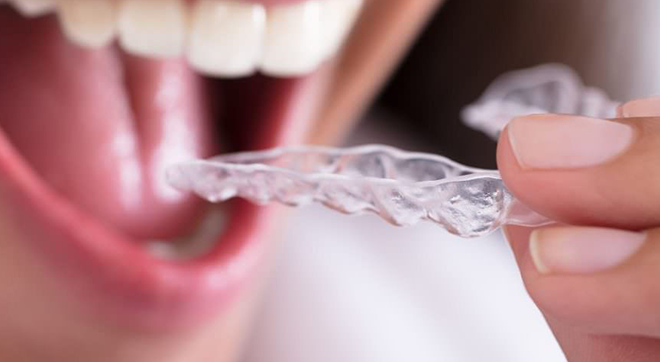
REDUCTION OF STRESS
The reduction on the stress can reduce the grinding through relaxation on the jaws muscles . Your dentist will suggest you a few ways for stress reduction.
In some cases, even medicaments for muscle relaxation are prescribed.
REMOVING THE DAMAGE CAUSED BY BRUXISM
Crowns, bridges and natural teeth can be damaged as a result of bruxism. Talk with your dentist for the possible treatment.
Prosthetic Services
